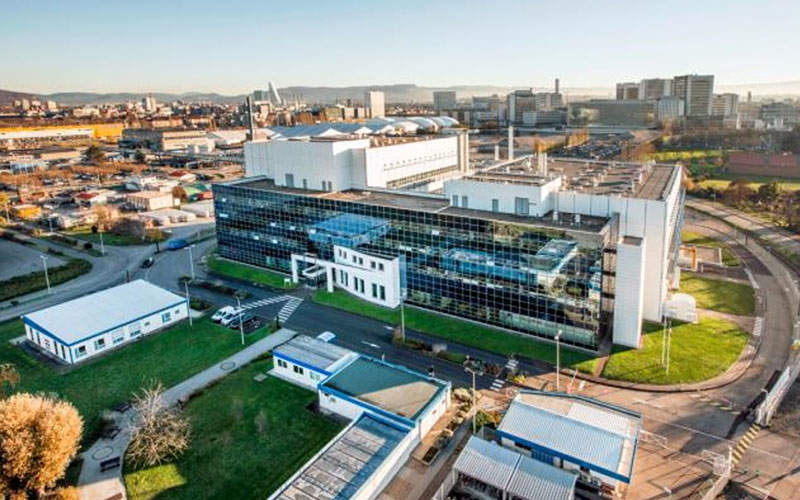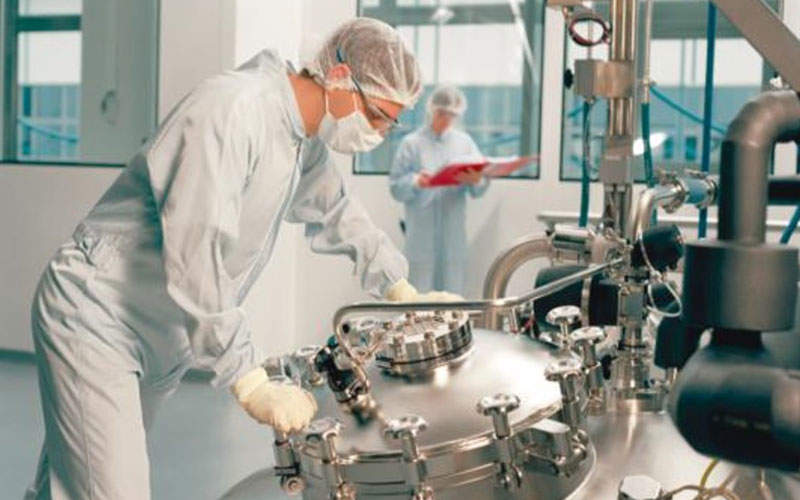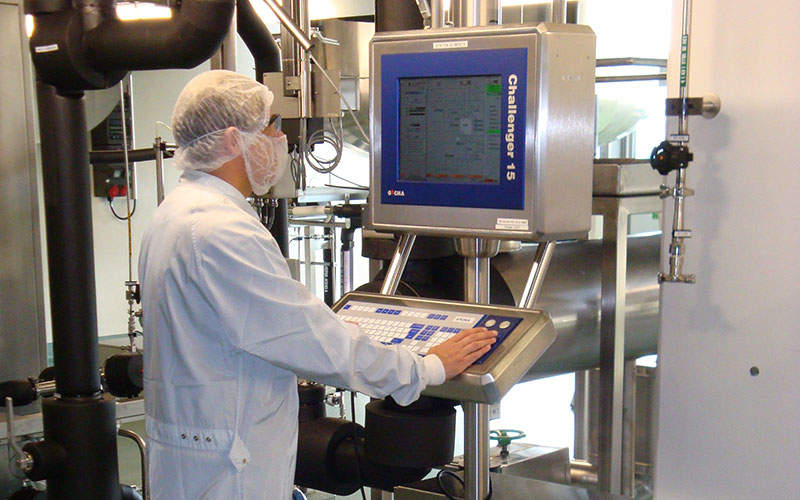Swiss pharmaceutical company Novartis is carrying out a major expansion of its biotechnology centre in Huningue, France. Announced in August 2016, the expansion project will increase the facility’s monoclonal antibody (mAb) production capacity by 70%.
Investment in the Huningue facility is aimed at capitalising on the strategic importance of its location in France. The expansion will allow the facility to meet the anticipated growth in demand for products already manufactured at the site.
A total of $100m will be invested in the project, which is expected to be completed by 2020.
History of the Novartis biotechnology centre in Huningue
Inaugurated in 2005, the Huningue facility is fully good manufacturing practice (GMP) compliant and is Novartis’ main site for producing mAbs for the global market. Since the start of operations at the facility, Novartis has invested €215m ($240m) to equip the plant with advanced facilities and specialised infrastructure.
The facility initially produced a single type of antibody and has since become one of the world’s biggest producers of active substances by mammalian cell culture. It exports around 80% of its production to the global market.
Active substances produced by the facility are used for the composition of drugs indicated for the treatment of asthma, psoriasis, renal transplantation and anti-inflammation. The facility also produces active substances required for Novartis’ clinical studies. Clinical batches of new mAbs in development are also produced at the facility.
The facility was expanded in 2011 to enable the production of anti-rejection drugs for kidney transplants. In 2012, Novartis invested a further €6.2m ($6.9m) in equipment and infrastructure upgrades to increase the facility’s production flexibility and capacity.
As of 2012, the Huningue facility manufactured active ingredients equivalent to three million doses.
Details of the Huningue facility expansion project
The expansion project will extend the main production building and install cell culture bioreactors. It will also add a purification line, which will allow multiple drugs to be produced simultaneously.
The production facilities are expected to be fully installed by January 2017, with commercial activities expected to start in December 2018.
The expansion is expected to generate 100 jobs at the site.
Existing equipment and systems at the Huningue facility
The Huningue facility is equipped with 13 500l bioreactors for producing the antihistamine Xolair (omalizumab). It also features disposable equipment, including bags for media and buffer storage. Disposable bags are used for the intermediate storage of products as well as their final storage. A fully disposable filter system, including disposable connectors and tubing, is also part of the facility.
The facility is equipped with a DeltaV™ digital automation system supplied by Emerson Process Management. Installed in 2005 and upgraded between 2008 and 2010, the system features an integrated wifi network and mobile operator stations, and provides process and plant information to the facility’s operators and maintenance crew. The system also helps improve the efficiency and flexibility of production processes across the plant.
Contractors involved in the project
US-based technical professional services firm Jacobs Engineering Group has been awarded the engineering, procurement and construction management contract for the project.
Marketing commentary on Novartis
The expansion of the Huningue facility is part of a major overhaul of Novartis’ operations. Overreaching operations and generic competition have eroded the company’s revenues. Sales of Gleevec, one of Novartis’ blockbuster mAbs, have fallen considerably due to generic competition.
A focus on cutting costs and increasing the production of biosimilar products has been Novartis’ strategy over the last few years. The company has closed more than 24 of its manufacturing facilities and is streamlining its research and development (R&D) activities. These moves are expected to reduce its annual costs by $1bn by 2020.
In 2015, Novartis announced its decision to invest €800m ($890m) in R&D over a three-year period, including €100m ($111.9m) a year. Novartis has also increased its focus on producing biosimilars and plans to apply for regulatory filings for at least 11 biosimilars by the end of 2017.






